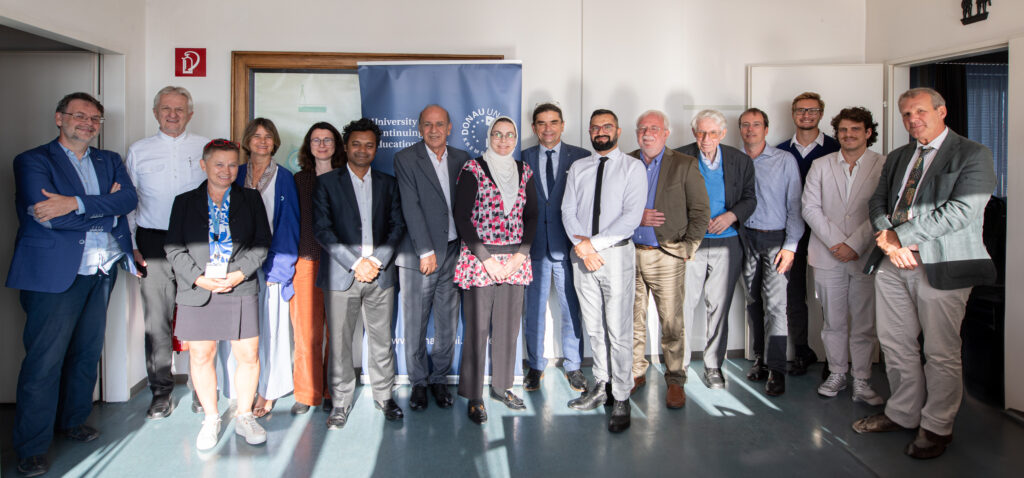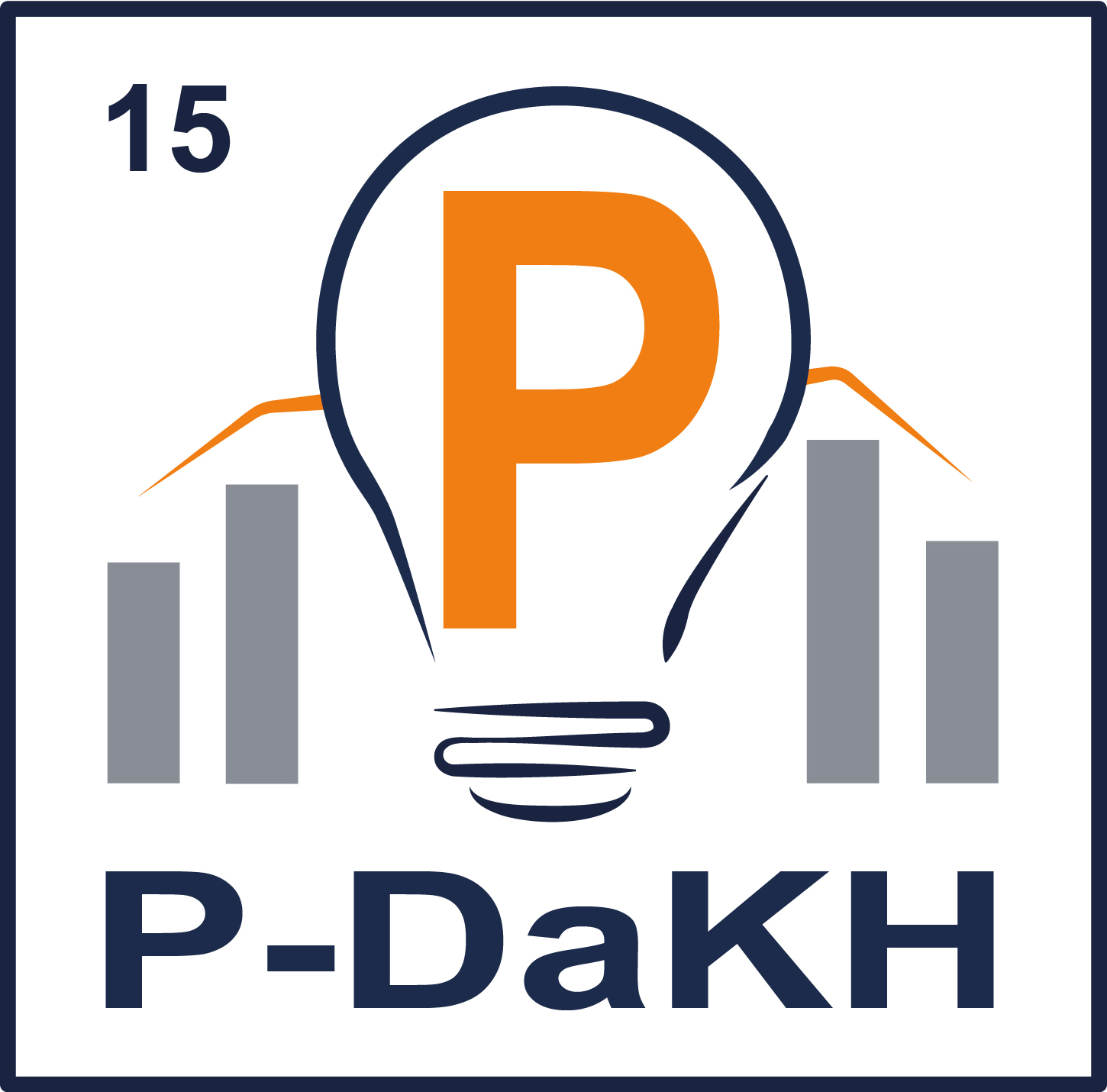In a landmark gathering of the world’s leading scientists and geological survey authorities, the inaugural meeting of the P-DaKH Expert Panel PhosData Deposits has ignited a visionary dialogue on a global resource – site-specific phosphorus. This crucial meeting marks the beginning of an ambitious transdisciplinary initiative aimed at redefining our understanding of phosphorus reserves and paving a path towards sustainable resource management.
On 31st August 2023, the first meeting of the P-DaKH Expert Panel on ‘Feasibility of a Global Site-specific Phosphorus Deposit Databank’ has been held at the Ministry of Finances of the Republic of Austria – Mining Agency in Vienna, Austria. P-DaKH, the Phosphorus Data and Knowledge Hub, is a research collaboration between the Department of Knowledge and Communication Management of the University of Continuing Education Krems, Austria and the Global Phosphorus Institute, Ben Guerir, Morocco. International representatives of geological surveys and datacenters, geological and mining sciences, and research as well as the P-DaKH project team attended the day-long meeting. Prof. Roland Scholz and Prof. Gerald Steiner in their opening speech presented the overarching goals, institutional framing, and structure of the project.
The opening session discussed the cumulative availability curve (CAC) of phosphorus, associated modifying factor of CAC as well as calculations of the dynamics of phosphorus supply with respect to increasing prices, food security, promotion of circular economy and their impact on total phosphorus use efficiency. A major point were the popular fallacies related to phosphorus scarcity.
In the meeting, Maisa Bastos Abram, Geological Survey of Brazil, who is leading a national phosphorus project, shared her experiences on agro-industry, agriculture, soil type-oriented fertilizer demand in Brazil. Aya Schneider-Mor, representative from the Israel Geological Survey, focused on distribution of phosphorus deposits and data sharing protocol of private mining companies in Israel. Steven M. Jasinski, US Geological Survey, commented on the open access and public data sources both nationally and internationally. Apart from this, Kerstin Kuhn, Geological Survey Germany, pointed out the mineral resource availability, global market of phosphorus, and marine mineral deposit exploration. Prof. Fred Wellmer, the retired president of the Federal German Geological Survey, commented on the CRIRSCO reserves and resources classification system and explained it. However, he also mentioned that what is needed is proper and trustable data on phosphorus deposits. Abdallah El Houari, and Joann Whalen, representative from the Global Phosphorus Institute, Morocco also commented on the discussion and overall feasibility of phosphorus deposit databank. Prof. Michael Obersteiner, Oxford University, reported some of their completed and ongoing research projects on sustainable phosphorus resources management, agricultural phosphorus use efficiency, and economic models of the global phosphorus industry. Humayain Kabir, a team member of P-DaKH, presented the working plan on climate change, future biomass production, crop yield, environmental change and sustainable phosphorus management considering a climate-water-soil-yield-phosphorus nexus.
The day concluded with the shared vision that a global site-specific phosphorus deposit databank was not only desirable but feasible and has a high potentiality of science and policy interactions involving all the stakeholders through a transdisciplinary approach.

